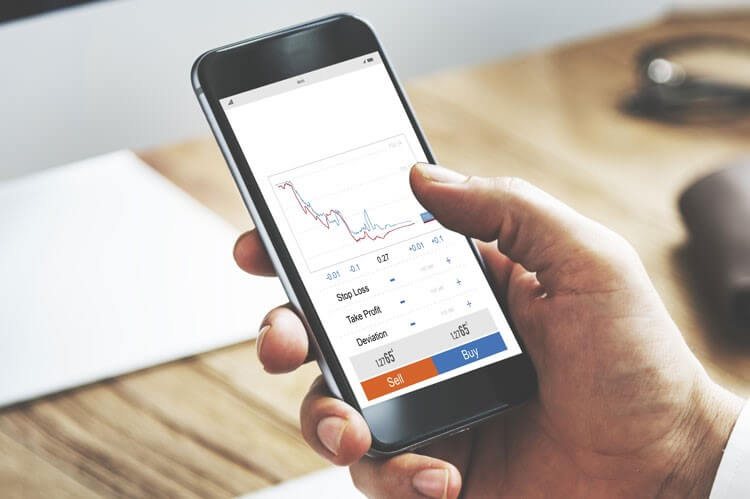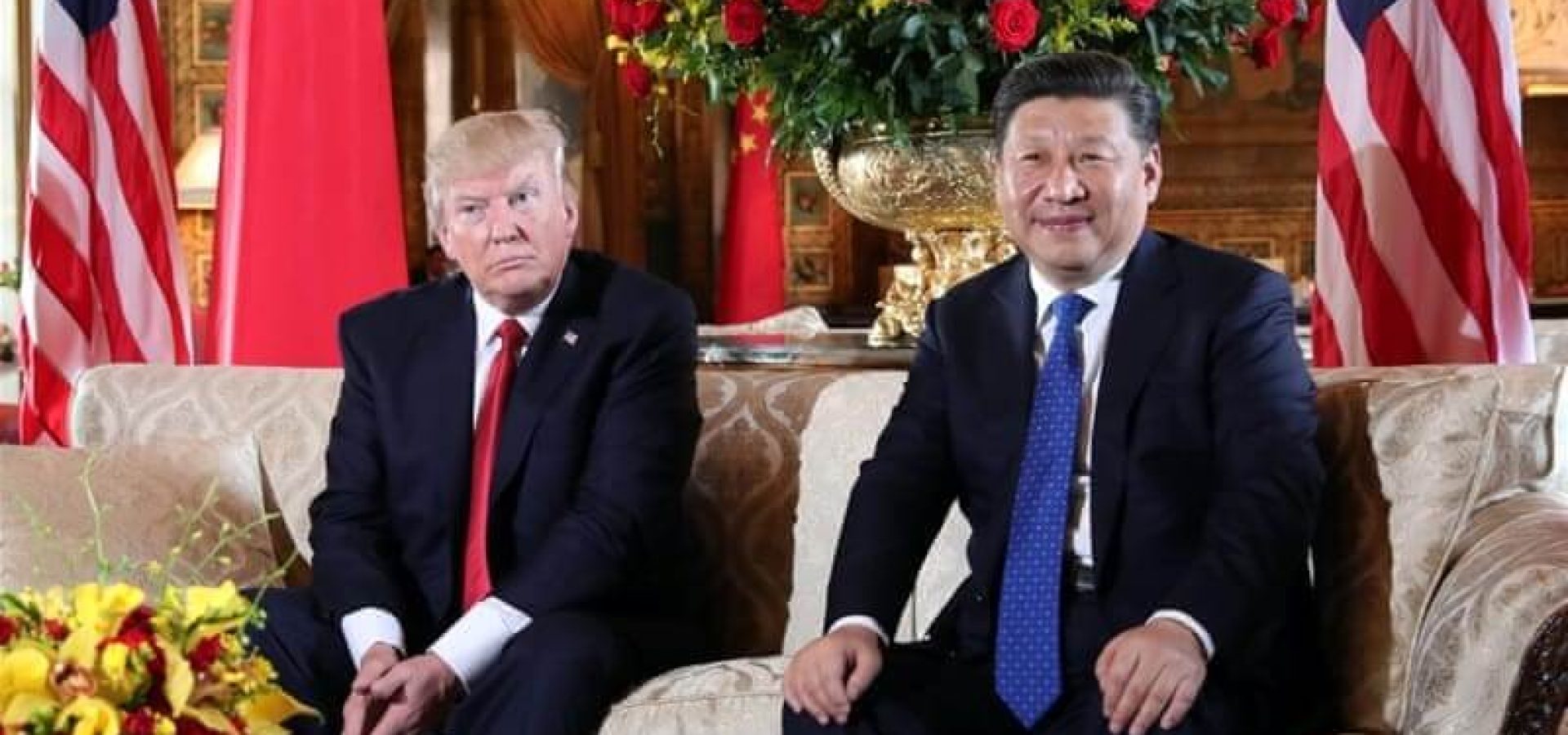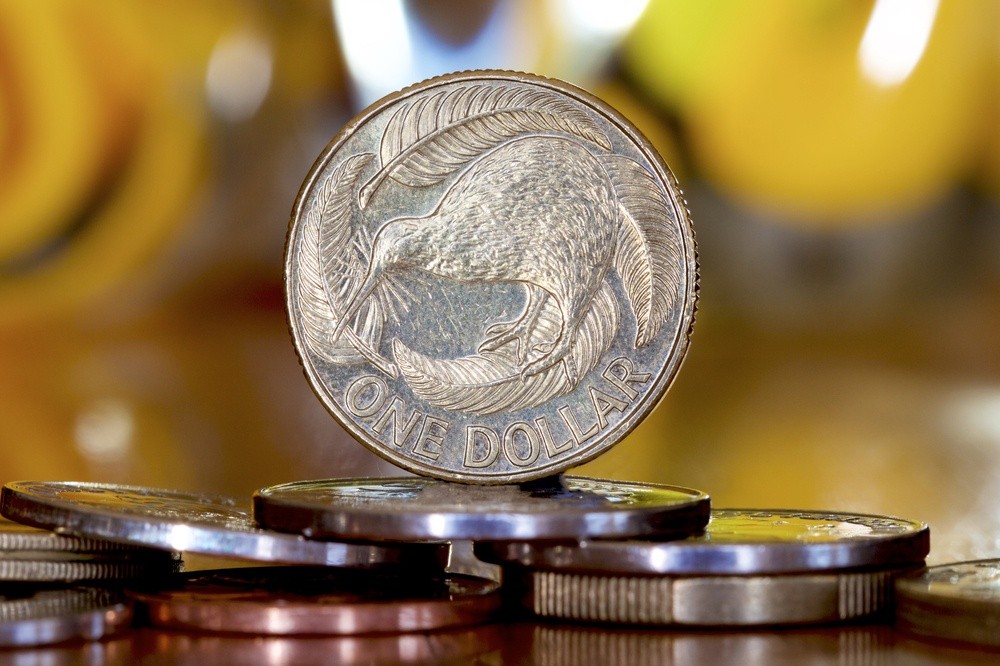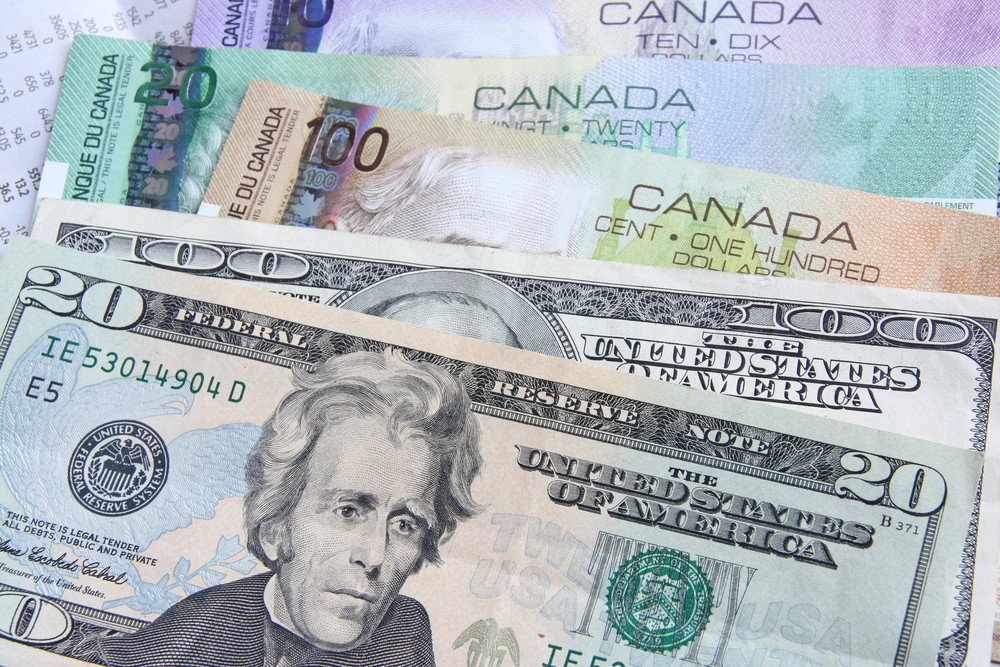ASIAN MARKET – U.S President Donald Trump on Sunday threatened to increase tariffs on $200 billion worth of Chinese goods from current 10% to 25% by Friday a further $325 billion “shortly.” The tweet comes days ahead of the final round of U.S-China trade talks on Wednesday when the Chinese delegation is expected to jet into the country. The threat has since thrown global money markets into a frenzy as investors let go of the ‘risky assets’ like Chinese Yuan and Australia’s Aussie for the safe Haven Japanese Yen at the opening of the Asian Market on Monday.
The unexpected news also came as a shock to most other markets including the options and stock exchange given that it was major shift Trump’s earlier stand about the progress of the talks and days after Treasury secretary Steven Mnuchin described last week’s round of talks as “productive.” Subsequent reports by the Wall Street Journal indicating that China was considering canceling the last leg of the talks scheduled for May 8 in Washington D.C has only served to aggravate an already dire situation.
And it all started with a tweet that “the trade deal with China continues, but slowly, as they attempt to renegotiate. No” by Trump and is believed to have been informed by U.S Trade negotiator, Robert Lighthizer, brief about the just-concluded round of talks in China. Robert argued that China was sluggish in tabling an agreeable deal and that the Xi Jinping-led nation had even started pulling back from some commitments made during earlier trade talks.
Yen gains, Aussie, Yuan lose at the Asian market opening

The dollar opened the week on a five-week low against the Yen at 110.53 before easing around 110.65, a noticeable slip from the 111.12 it closed the markets with on Friday.
The Yen would also push the Euro to five-month lows in the early morning Asian market trades to around 123.44 yen, effectively destabilizing the U.S Dollar index that opened the day at 97.548 after the greenback recovered some losses to the Yen by gaining 1% against Chinese Yuan and 0.6% against the Aussie to open the week trading at $6.8038 and $0.6960 respectively.
The stock and options markets have also suffered a similar fate with the S&P 500’s E-Mini futures losing 1.7 percent while the Treasury futures jumped up by 18 ticks.
Economists argue that this is just but a taste of what is to come should China actually pull out of the talks and Trump administration actualizes the tariffs. Nick Twidale, CEO of Rakuten Brokers in Australian hopes that President Trump’s threat was a “negotiation tactic” and not “a statement of intent” adding that pushing the deal “further down the track or not progress at all could send markets into a tailspin.”
And while President Trump insists that the tariffs have no impact on product cost, experts are worried that their ramifications extend far beyond the price of imported goods. Most argue that while they are supportive of Trump’s crackdown on China’s hurtful business practices, they aren’t too eager to welcome increased and broadened tariffs.
Christian Fernandez, the U.S Retail Industry Leaders Association spokesperson argues that “raising tariffs means raising taxes on American families and inviting further retaliation on American Farmers.











COMMENTS